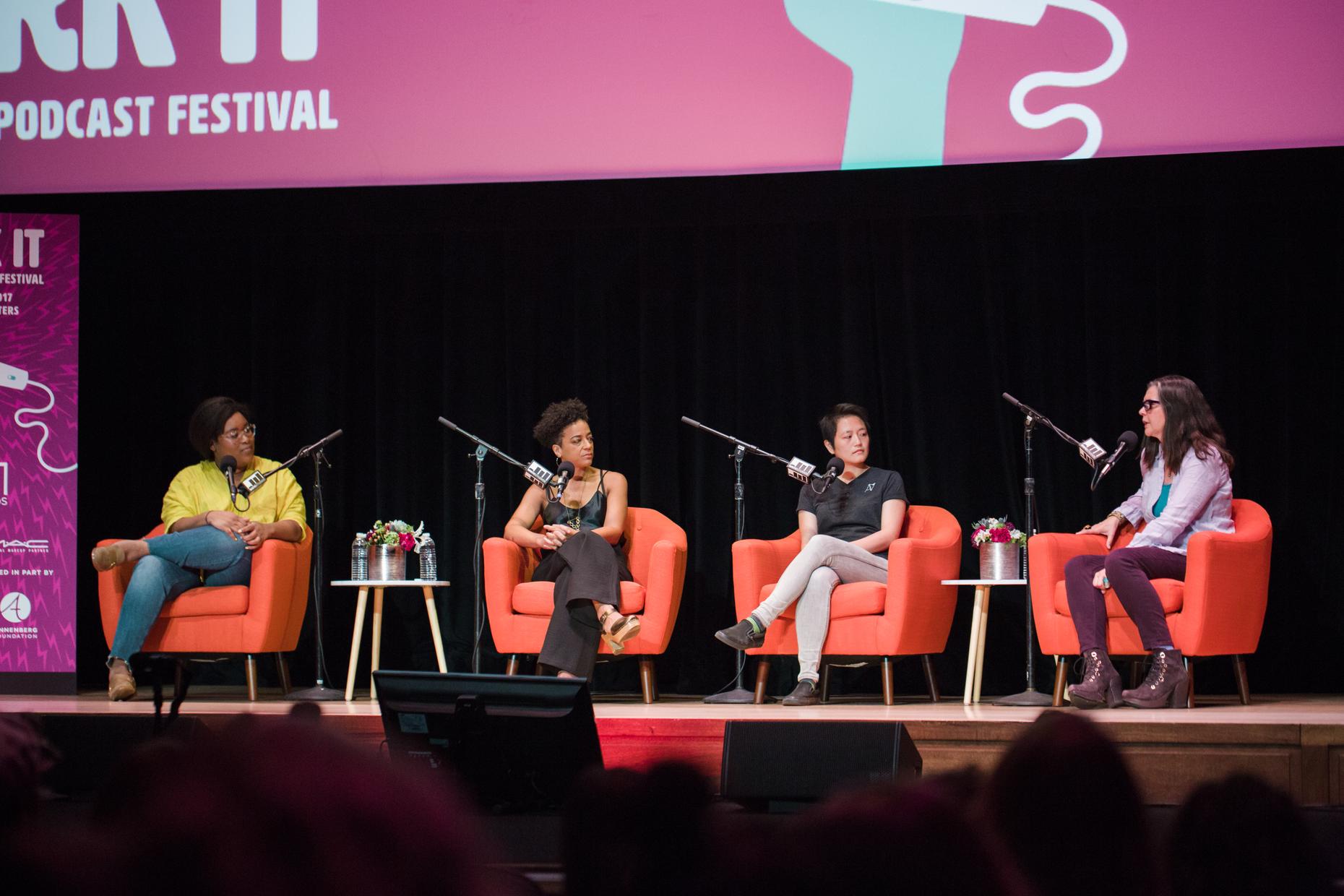Meghan Markle Can’t Save the WorldPosted in Articles, Media Archive, Social Justice, United Kingdom on 2018-05-19 23:26Z by Steven |
Meghan Markle Can’t Save the World
Jacobin
December 2017
Branko Marcetic, Editorial Assistant
Auckland, New Zealand
 Prince Harry and Meghan Markle during an official photo call to announce their engagement at The Sunken Gardens at Kensington Palace on November 27, 2017 in London, England. Chris Jackson / Getty Images |
A just world would be one without royalty — and celebrity humanitarians.
The British royal family has had a banner decade. Intentionally or not, the latest generation’s charisma, combined with a steady stream of high-profile media events from the Queen’s diamond jubilee and the 2012 Olympics to William and Kate’s wedding and their first, second, and third kid, has made the royal family more popular than ever, partially suppressing the British public’s rising tide of republican feeling. Prince Harry’s recent engagement to Suits actress and activist Meghan Markle has reinforced this process, foreshadowing a literal marriage of Hollywood glitz and British royalty.
The public has almost universally gushed over Markle since her relationship with and now engagement to Prince Harry was revealed, and it’s not hard to see why. The fact that she’s not only a “commoner” but American — and a person of color at that — signifies the changing face of the British monarchy. But most profiles have zeroed in on Markle’s outspoken feminism, her criticism of the Trump administration, and her humanitarian work for the UN and the charity World Vision. Pundits have also expressed their disappointment that she will have to curb her activist streak upon marrying into the family…
Read the entire article here.






